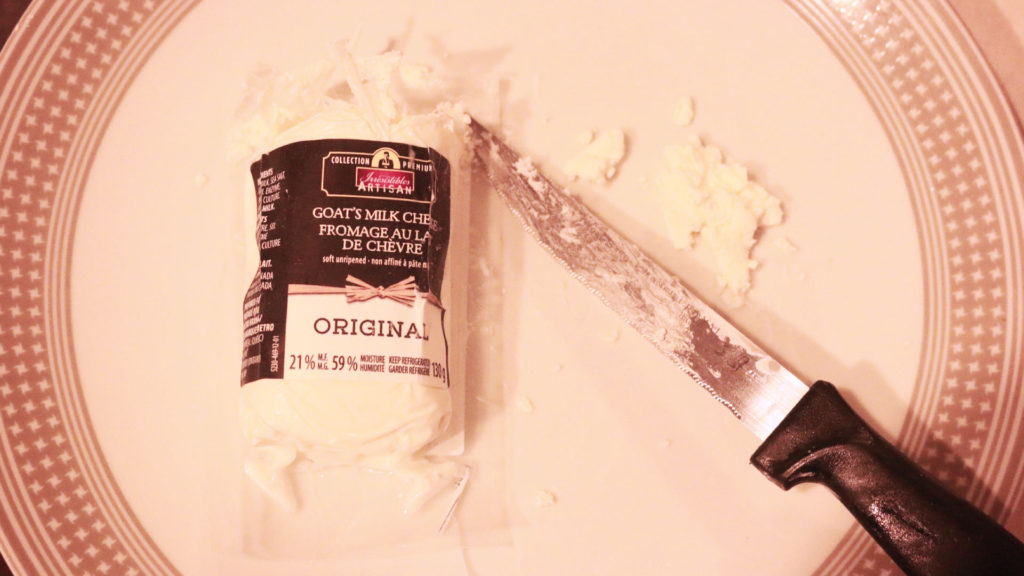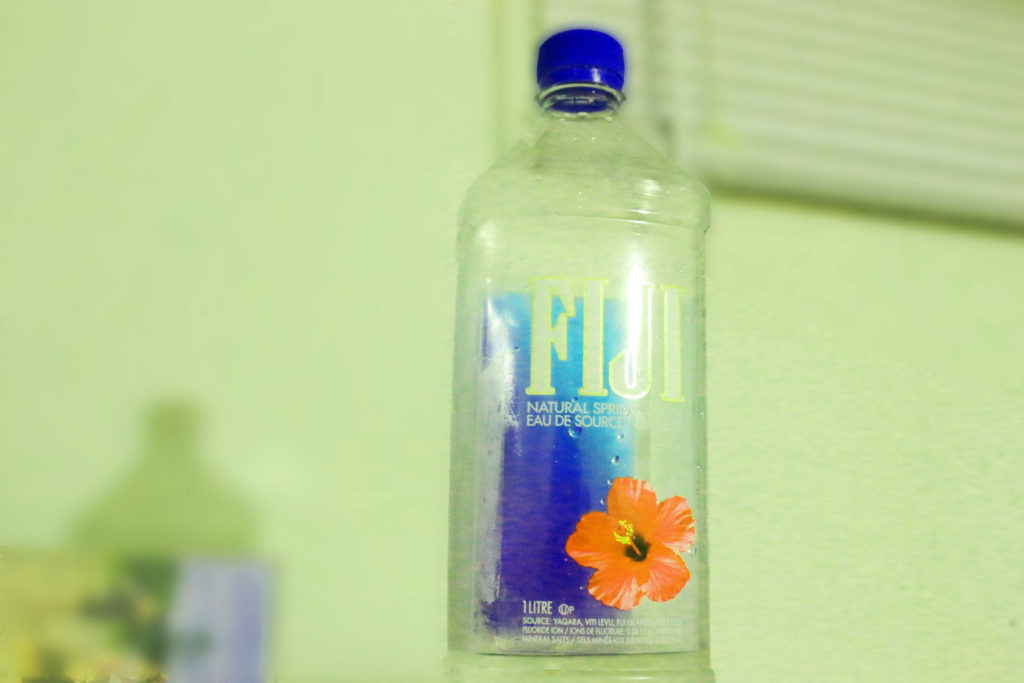Fiji Natural Artesian Water Review
A bottle of Fiji is as controversial as it is beautiful. Behind the characteristic square bottle and cool ocean aesthetic, the Fiji corporation is known for its questionable business practices and an arrogant corporate hypocrisy which embodies the idea of marketing over the quality of the product. Fiji water might be a sham, but it's a beautiful sham, which may just make it both the perfect commodity for a social media generation.
Bottled water itself is dubious. Investigations have revealed that most bottled products are not any healthier or pure than what one might extract from the tap. If not for the massive investment currents directed toward the marketing department and those pretty mountain graphics found on the bottles, bottled water would be bust. But the industry is alive and well, with Coca-Cola's Dasani and PepsiCo's Aquafina leading the charge.
Fiji Natural Artesian Water, bottled in Viti Levu by the Lost Angeles-based Fiji company, holds a unique position in the bottled water market. They adopt an environmentally-conscious marketing angle that casts themselves as a hero for the natural ecology of the the islands of Fiji. Fiji water, like Voss, also cranks up the marketing on what is essentially a basic human right in order to elevate it to the level of sophisticated sexiness. Fiji water is “artesian” and is presented in beautiful bottles that wouldn't look out of place in an underwater national geographic issue.
This is classic overcompensation. The product itself is mediocre (blind taste tests have revealed that consumers prefer the taste of tap water), but a pretty packaging makes it instantly desirable. The same pattern exists everywhere in our social media culture where appearances can have more social power than realities – just think of the beautifying snapchat filters or Tai Lopez's rented Lamborghini. Just like how corporations seek to manufacture demand, we seek to manufacture an appearance of success. It's all about seduction, creating a fictional narrative where the creator has full control. In this narrative, Fiji Natural Artesian Water is an attractive, healthy, environmentally friendly drink that can elevate consciousness.
Apparently rats are a significant threat to the bird population in Fiji. One of the cutest birds native to Fiji is the Pink Billed Parrotfinch which looks like a kind of Danish pastry. Unfortunately, this colourful bird is also under threat, since most of the birds in the Polynesian islands evolved without the presence of mammals, and so have no mechanism for protecting their eggs against rats. Similarly, the people of Fiji have no defence mechanism against the major corporate power that is the American Fiji company, which extracts its water from a major aquifer on one of the islands, while much of the rest of the population suffers from improper water treatment and distribution. The Fiji company not only sucks water out of the country, but money out of the economy. And inevitably, the end product of this “environmentally conscious” company is an empty husk of plastic that is tossed aside into a landfill or down-cycled.
Fiji water in all honesty however doesn't taste terrible. Despite claims that tap water is just as good in most municipalities, there is a purity to Fiji water. Fiji water is liquid air – light, buoyant, with icy overtones. Perhaps the bottling and marketing have swayed me, but there is certainly something cool about drinking water that you know comes from all the way out in the South Pacific. Ethically, Fiji water is dubious. But there is definitely a reason why purveyors of style and aesthetic like Yung Lean have, even if only ironically, latched onto the Fiji vibes: Fiji's marketing team has created a beautiful fantasy world where the water is authentically pure, and life is a stream of aesthetic experience, an idyllic dream state that resonates powerfully with the artistic tones of the day. Fiji has, accidentally or not, tapped into something powerful, and it's difficult to blame someone for seizing opportunity.
Nevertheless, there's nothing wrong with just ordinary tap water. In fact, someone should start reviewing tap water in different cities, giving us the whole palate, mouthfeel, and finish of the thing. Fiji water might be good, but I bet there are some delicious tap water experiences just waiting to be had, even here across Canada. Forget the Islands of Fiji, the premier water experiences are waiting just under your nose.
Try the old tap water vs Fiji experiment yourself at home! How's the mouthfeel of Fiji compare to your rusty tap water?
FIJI Natural Artesian Water, 16.9 Ounce Bottle, Pack of 24
Also, heartwarming article from the CBC about how my city's water system contains traces of cocaine. Compete with that, Fiji!
http://www.cbc.ca/news/canada/toronto/study-finds-traces-of-cocaine-other-illegal-drugs-in-ontario-drinking-water-1.3167208

